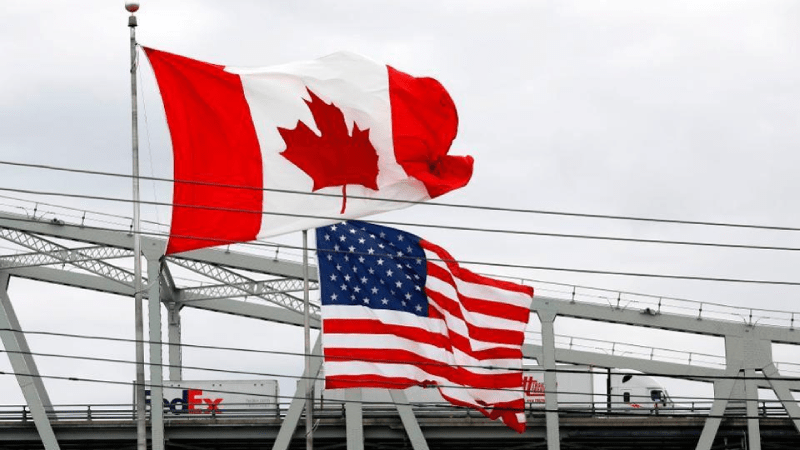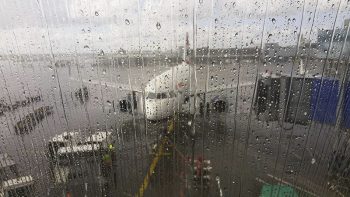
As the March Break travel season starts, the Canada Border Services Agency (CBSA) is providing Canadian travellers with some tips for a smoother trip.
As previously reported by Open Jaw, travel experts predict some challenges over March Break, with some saying there is a risk of a repeat of some of the problems that affected travellers over the holiday period.
With that in mind, here are the CBSA's tips for March Break:
Canadians are warned to plan ahead and check border wait times and alternate ports of entry. Travellers crossing the border by land are encouraged to cross during non-peak hours such as early morning. CBSA notes that Monday of holiday long weekends tends to be the busiest, with longer border wait times.
Have travel documents handy. Whether travelling by land, air or water, the CBSA says Canadians can help speed up processing times by coming prepared with travel documents.
Save time with Advance CBSA Declaration. Travellers arriving at the YYZ, YVR, YUL, YWG, YHZ, YQB, YOW, YTZ and YYC can make their customs and immigration declaration to the CBSA prior to their arrival using the Advance CBSA Declaration feature in ArriveCAN. Travellers who use this option have access to express lanes to get to an airport kiosk or eGate faster.
When travelling with children, the CBSA recommends that the accompanying adult have a consent letter authorizing them to travel with the child if they share custody or are not the parent or legal guardian. Border services officers are always watching for missing children, and in the absence of the letter, officers may ask additional questions, which may create delays for travellers.
Cannabis: Bringing cannabis across the border in any form, including oils containing THC or CBD, without a permit or exemption authorized by Health Canada, is a serious criminal offence subject to arrest and prosecution, despite the legalization of cannabis in Canada. A medical prescription from a doctor does not count as Health Canada authorization.
Know your purchase exemption limits. Residents returning to Canada who make purchases or pick up online purchases outside of Canada should be aware of their personal exemption limits. Travellers are advised to use the CBSA duty and taxes estimator to help calculate monies owed.
Be prepared to declare. All travellers must declare their goods upon entry into Canada. Travellers are advised to have receipts readily available for goods purchased or received while outside of Canada. If travelling with firearms, consult the CBSA’s web site for the rules on firearms and other restricted and prohibited goods.
Avoid importing raw poultry products or by-products. There are currently restrictions on imports of live birds, bird products and by-products from U.S. states affected by Highly Pathogenic Avian Influenza. It is not recommended to bring poultry products into Canada. Otherwise, travellers should be prepared to prove the origin of their poultry products at the border.
If travelling with a pet or want to import an animal into Canada, travellers will need the right paperwork at the border to meet Canada's import requirements.
Lastly, the CBSA says that if travellers are unsure, they should ask a CBSA officer.
For more information, visit the CBSA's web site.





